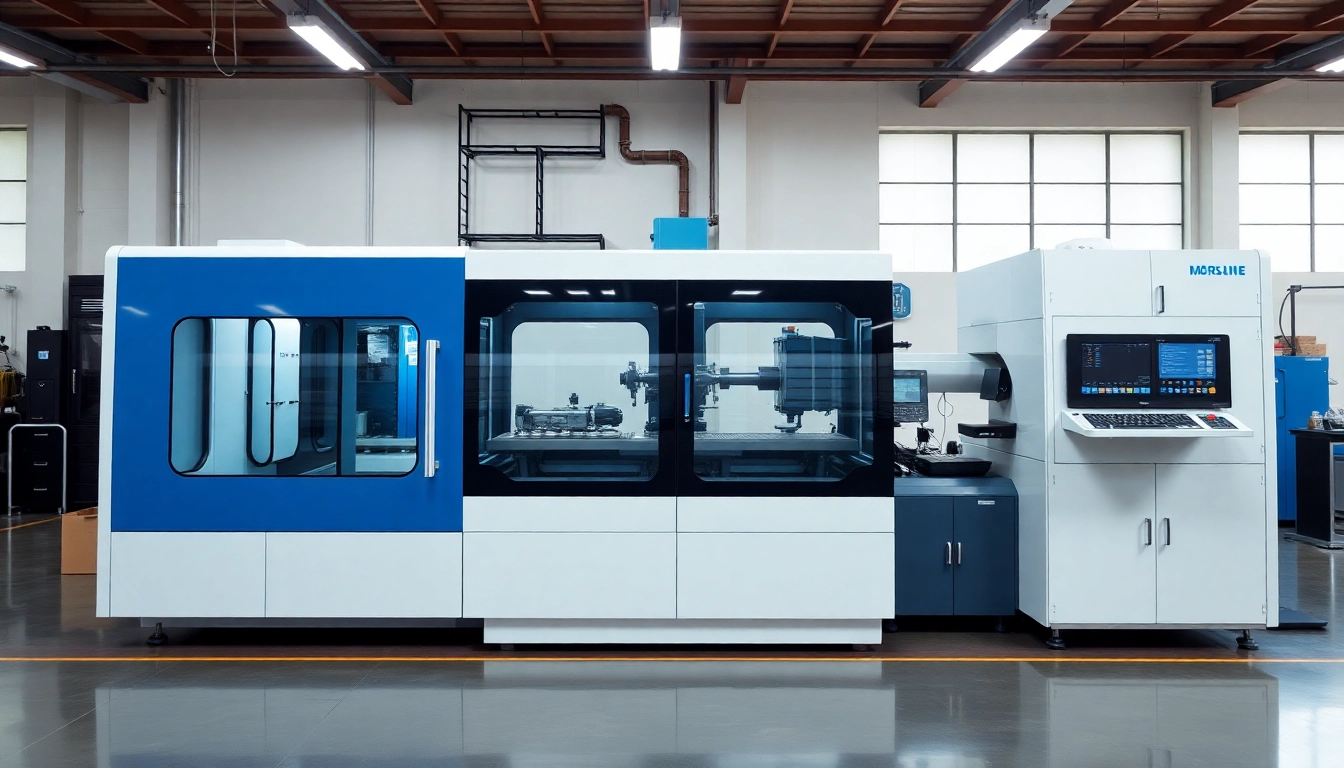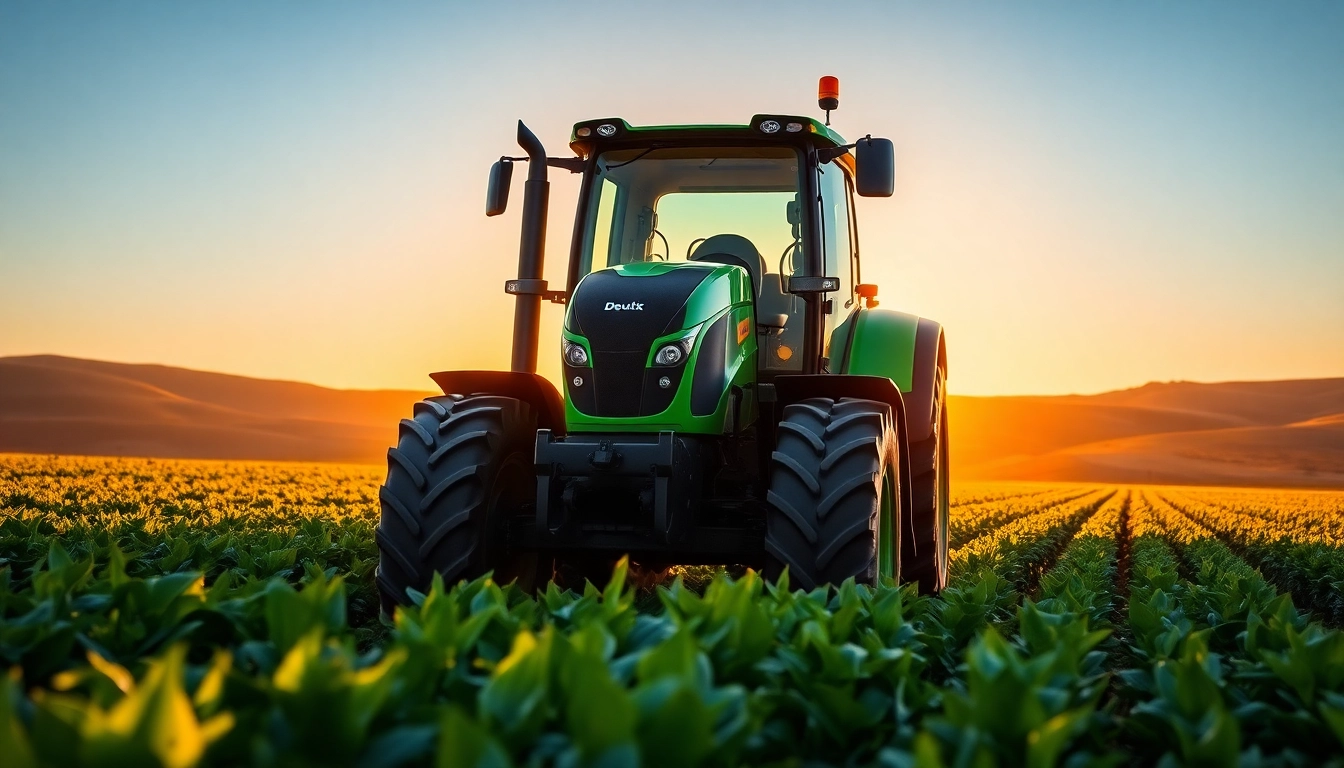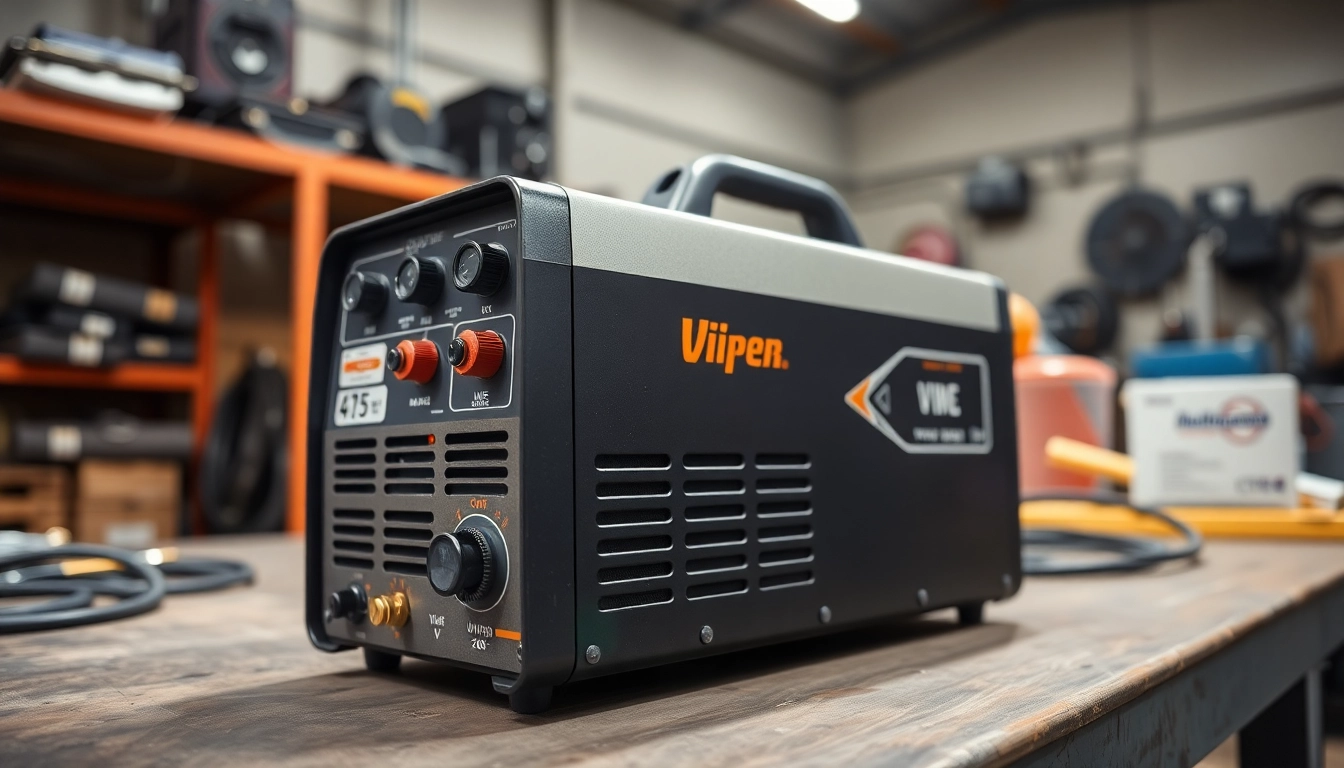Introduction to Filling Machines
Filling machines play a crucial role in the packaging industry by automating the process of dispensing liquids, powders, and other products into containers. These machines are essential in various sectors, including food and beverage, pharmaceuticals, cosmetics, and chemicals. With the increased demand for packaged goods, the need for efficient, precise, and reliable filling machines has never been greater. As one of the leading Filling Machine Manufacturers, we understand the complexities involved in filling technologies and strive to provide solutions that meet diverse industrial needs.
What Are Filling Machines?
Filling machines are equipment designed to dispense a specific amount of a product into containers at a consistent rate. They come in various configurations to handle different types of materials, from viscous liquids to granules and powders. These machines can significantly reduce labor costs, improve accuracy, and speed up production lines. Depending on the industry, filling machines can range from simple manual units to sophisticated automated systems integrated into a larger manufacturing process.
Types of Filling Machines Available
The variety of filling machines on the market can be broadly classified into several types based on how they operate and what products they are designed to package:
- Volumetric Filling Machines: These machines dispense a predetermined volume of product into containers. They can utilize either gravity, pressure, or a pump to achieve this.
- Gravity Filling Machines: Ideal for free-flowing liquids, these machines rely on gravity to fill containers. They are often used in the food and beverage industry.
- Piston Filling Machines: These are best for thicker products like sauces or creams, where precise volumetric control is crucial.
- Auger Filling Machines: Specifically designed for packaging powders, these machines use an auger screw to dispense material into containers.
- Induction Sealing Machines: Often paired with filling machines, these devices seal containers to preserve contents and extend shelf life.
Importance of Quality in Manufacturing
Quality plays a vital role in the manufacturing process of filling machines. High-quality filling machinery ensures product consistency, reduces waste, and enhances safety. Additionally, reliable machines minimize downtime and maintenance costs, providing manufacturers a competitive edge. As such, choosing the right manufacturer who adheres to strict quality controls can impact the efficiency and success of a production line.
Key Features of High-Quality Filling Machines
Precision and Accuracy
One of the most important features of filling machines is their ability to deliver precise measurements with minimal deviation. Variability in product quantity can lead to significant losses and regulatory issues, especially in industries such as pharmaceuticals. Advanced filling machines utilize sophisticated sensors and control systems to ensure consistency in every fill cycle.
Speed and Scalability
Production demands are constantly changing, and filling machines need to adapt to these fluctuations. High-quality filling machines can handle varying production volumes efficiently. They are often designed with scalability in mind, enabling manufacturers to increase output without the need for extensive retrofitting or replacement.
Ease of Use and Maintenance
Simplicity is key when it comes to operating filling machines. Models that are user-friendly with intuitive controls enable operators to set up and manage the machinery with minimal training. Furthermore, machines that require less maintenance and offer easy access for cleaning and repairs save time and resources in the long run.
Leading Filling Machine Manufacturers
Profile of Top Manufacturers
The filling machine industry has several key players known for their innovative solutions and reliable products:
- Accutek Packaging Equipment Company, Inc. – Specializes in a diverse range of filling machines suitable for various products and container types. Their systems are known for their reliability and accuracy.
- Cozzoli Machine Company – Offers comprehensive filling solutions, including not just filling machines but also capping and sterilizing equipment.
- Volumetric Technologies – Known for its American-made systems that specialize in volumetric filling, focusing on customization and reliability.
- E-PAK Machinery – Provides a wide array of filling machines, cappers, and labeling machines tailored for the bottling industry.
- Fogg Filler – Offers precise filling systems and is recognized for its handcrafted machinery made in the USA.
Market Trends and Innovations
The filling machine market is witnessing several trends driven by technological advancements and evolving consumer demands:
- Increased Automation: Manufacturers are increasingly integrating automated systems that enhance production efficiency while reducing human error.
- Smart Technology: The rise of Industry 4.0 has resulted in machines equipped with smart sensors and IoT capabilities, allowing for real-time monitoring and predictive maintenance.
- Custom Machinery: Manufacturers are focusing on providing customizable solutions that can adapt to the unique needs of different products and processes.
Comparing Manufacturer Offerings
When evaluating various filling machine manufacturers, it is essential to consider aspects such as product range, customization options, after-sales support, and customer feedback. Companies like Accutek and E-PAK Machinery, for example, offer extensive product lines that cater to specific industries, while others might specialize in customized solutions for niche markets.
Choosing the Right Filling Machine for Your Business
Assessing Your Needs
Before selecting a filling machine, businesses should conduct a thorough assessment of their needs, which includes evaluating production volume, product characteristics, and specific operational requirements. Factors such as container size and material also play crucial roles in this decision-making process.
Cost vs. Benefit Analysis
Investing in filling machines can represent a significant expenditure. Therefore, conducting a comprehensive cost-benefit analysis is vital. Companies should weigh the initial costs against the potential long-term benefits, such as increased efficiency, reduced labor costs, and improved product quality. Additionally, consideration should be given to the return on investment and the machine’s expected lifespan.
Tips for Selecting a Manufacturer
Choosing the right filling machine manufacturer involves more than just comparing prices. Here are some tips to guide your selection process:
- Investigate Reputation: Research potential manufacturers’ track records in producing high-quality, reliable machinery.
- Review Technical Support: Evaluate the level of technical support provided, including installation, training, and ongoing maintenance services.
- Get References: Speak with other businesses that have purchased machinery from your shortlisted manufacturers to gather feedback on their experiences.
Future of Filling Machine Technology
Emerging Technologies in Filling Machines
The future of filling machine technology is bright, with innovations that promise to enhance efficiency and precision. Advances in robotics, AI, and machine learning are paving the way for more sophisticated filling systems that can adapt to varying product types and production speeds without extensive reconfiguration. Additionally, the integration of augmented reality in machine operation is providing opportunities for remote troubleshooting and guidance.
Impact of Automation on Production
Automation continues to revolutionize the filling machine landscape, allowing businesses to streamline operations, enhance throughput, and reduce labor costs. As manufacturers adopt automated solutions, they can significantly decrease human error and ensure consistent product quality. Furthermore, advanced robotics are capable of performing complex tasks that go beyond simple filling, such as sorting and packaging, providing further efficiencies in production lines.
Trends Shaping the Industry
The filling machine industry is being shaped by several overarching trends, including sustainability, regulatory compliance, and the push towards greater customization. Manufacturers are increasingly focused on producing environmentally friendly machinery while also ensuring their products adhere to global regulations. Additionally, consumers are driving demand for custom products, leading to a shift in machine capabilities that allow for greater personalization and flexibility in operating parameters.



